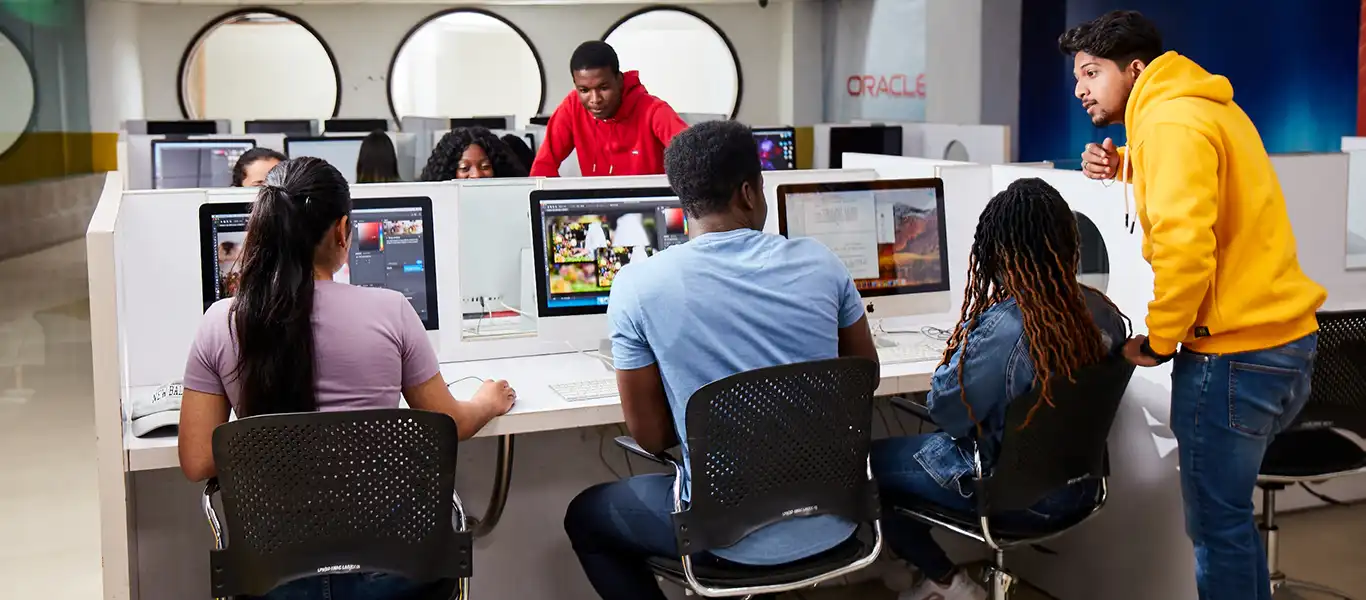Knowledge is the new currency of today’s global economy and it is rapidly growing with the increasing use of technology. The fourth industrial revolution powered by Artificial Intelligence (AI) is changing the future of work at warp speed. While this seismic shift has created a multitude of new lucrative opportunities in the job market, it has also resulted in the increased need for quality talent and advanced skills are crucial for it.
To bridge the gap between industry needs and required manpower skills, quality higher education is key. The valuable asset of education can provide enormous returns like increasing the probability of gaining higher incomes, creating better-paying jobs as well as boosting living standards. With the global market becoming competitive by the minute, it is imperative to alter the education system (especially higher education) and align it to the needs of the ever-evolving work landscape. And, the Indian higher education system is stepping up to do just that! Read ahead to find out how.
1. Anticipating job market trends and identifying learning opportunities
Jobs that existed 10 years ago are now becoming outdated due to increased automation. And the jobs that are present today are bound to get modified or replaced completely with a better alternative. Thus, anticipating market trends and identifying skills needed for the same becomes the need of the hour. The Indian higher education system is working towards providing a hybrid education ecosystem that includes learning on campus and online, further preparing students to grasp more on the job and on-site.
2. Creating an engaging and updated curriculum
One google search is all that it takes to get a world of information within the palm of your hands. Hence, it is necessary to provide not just content but also the context in learning. By encouraging and promoting classroom digitization along with online learning, Indian higher education is redefining traditional education approaches. Introducing tech-enabled learning methods such as smart boards, gaming interventions and podcasts have enabled updating of curriculums while also making learning more accessible, engaging and immersive.
3. Enhancing digital know-how to be future-ready
The future is digital and it is here to stay. We are surrounded by technology, but the resources that it provides serve no benefit if one doesn’t know how to access it in the first place. To be well-prepared for a competitive global market, developing digital skill sets is a must and the Indian higher education system is equipped with the tools to enable the same. From having basic knowledge of productivity tools like Microsoft Office and Google Workspace to learning complex programming, artificial intelligence, machine learning and data handling, you can not just adapt and survive but thrive in a professional setting.

To bridge the gap between industry needs and required manpower skills, quality higher education is key. The valuable asset of education can provide enormous returns like increasing the probability of gaining higher incomes, creating better-paying jobs as well as boosting living standards. With the global market becoming competitive by the minute, it is imperative to alter the education system (especially higher education) and align it to the needs of the ever-evolving work landscape. And, the Indian higher education system is stepping up to do just that! Read ahead to find out how.
1. Anticipating job market trends and identifying learning opportunities
Jobs that existed 10 years ago are now becoming outdated due to increased automation. And the jobs that are present today are bound to get modified or replaced completely with a better alternative. Thus, anticipating market trends and identifying skills needed for the same becomes the need of the hour. The Indian higher education system is working towards providing a hybrid education ecosystem that includes learning on campus and online, further preparing students to grasp more on the job and on-site.
2. Creating an engaging and updated curriculum
One google search is all that it takes to get a world of information within the palm of your hands. Hence, it is necessary to provide not just content but also the context in learning. By encouraging and promoting classroom digitization along with online learning, Indian higher education is redefining traditional education approaches. Introducing tech-enabled learning methods such as smart boards, gaming interventions and podcasts have enabled updating of curriculums while also making learning more accessible, engaging and immersive.
3. Enhancing digital know-how to be future-ready
The future is digital and it is here to stay. We are surrounded by technology, but the resources that it provides serve no benefit if one doesn’t know how to access it in the first place. To be well-prepared for a competitive global market, developing digital skill sets is a must and the Indian higher education system is equipped with the tools to enable the same. From having basic knowledge of productivity tools like Microsoft Office and Google Workspace to learning complex programming, artificial intelligence, machine learning and data handling, you can not just adapt and survive but thrive in a professional setting.








 . Shaheed Path or Amar Shaheed Path is also known as APJ Abdul Kalam Road. Amar...
. Shaheed Path or Amar Shaheed Path is also known as APJ Abdul Kalam Road. Amar... 



One thought on “Bridging the Skills Gap through Indian Higher Education”
thelucknow
May 27, 2023 at 2:16 pmhi